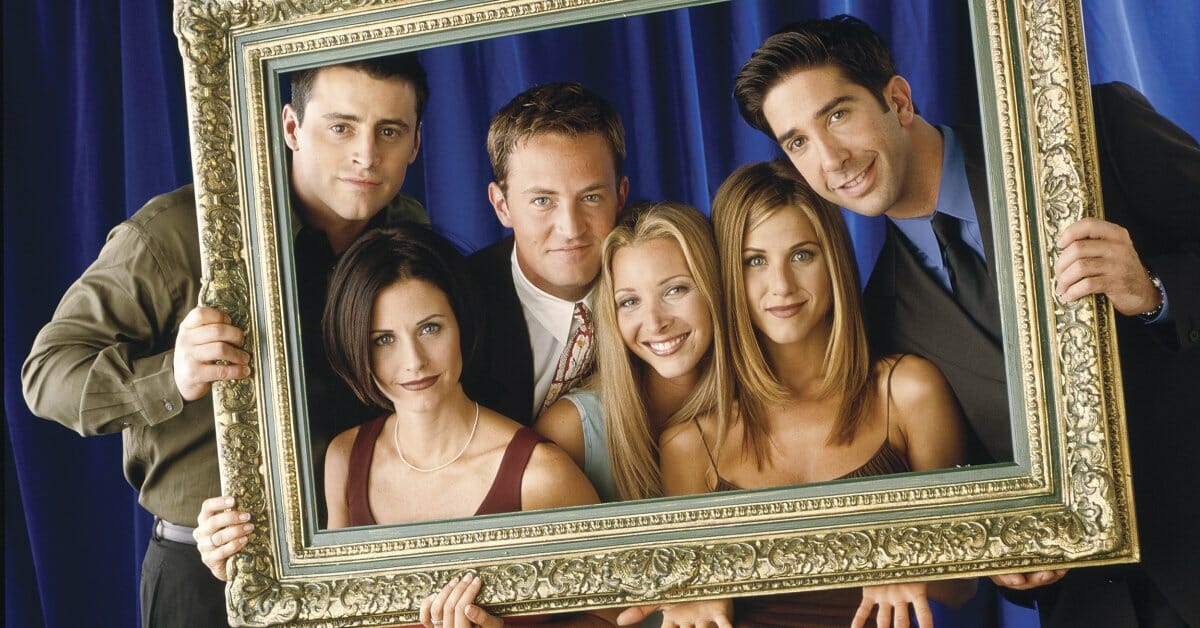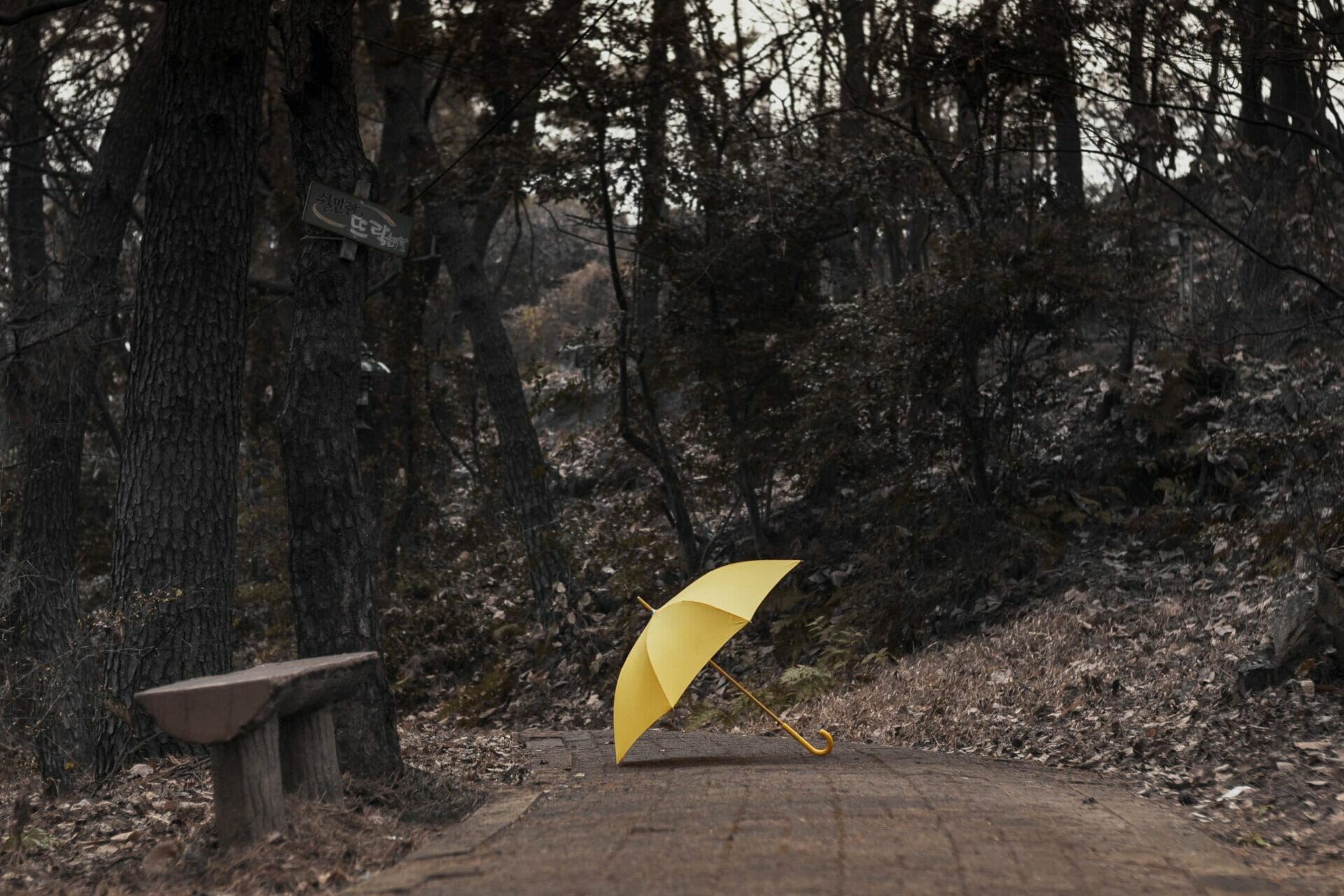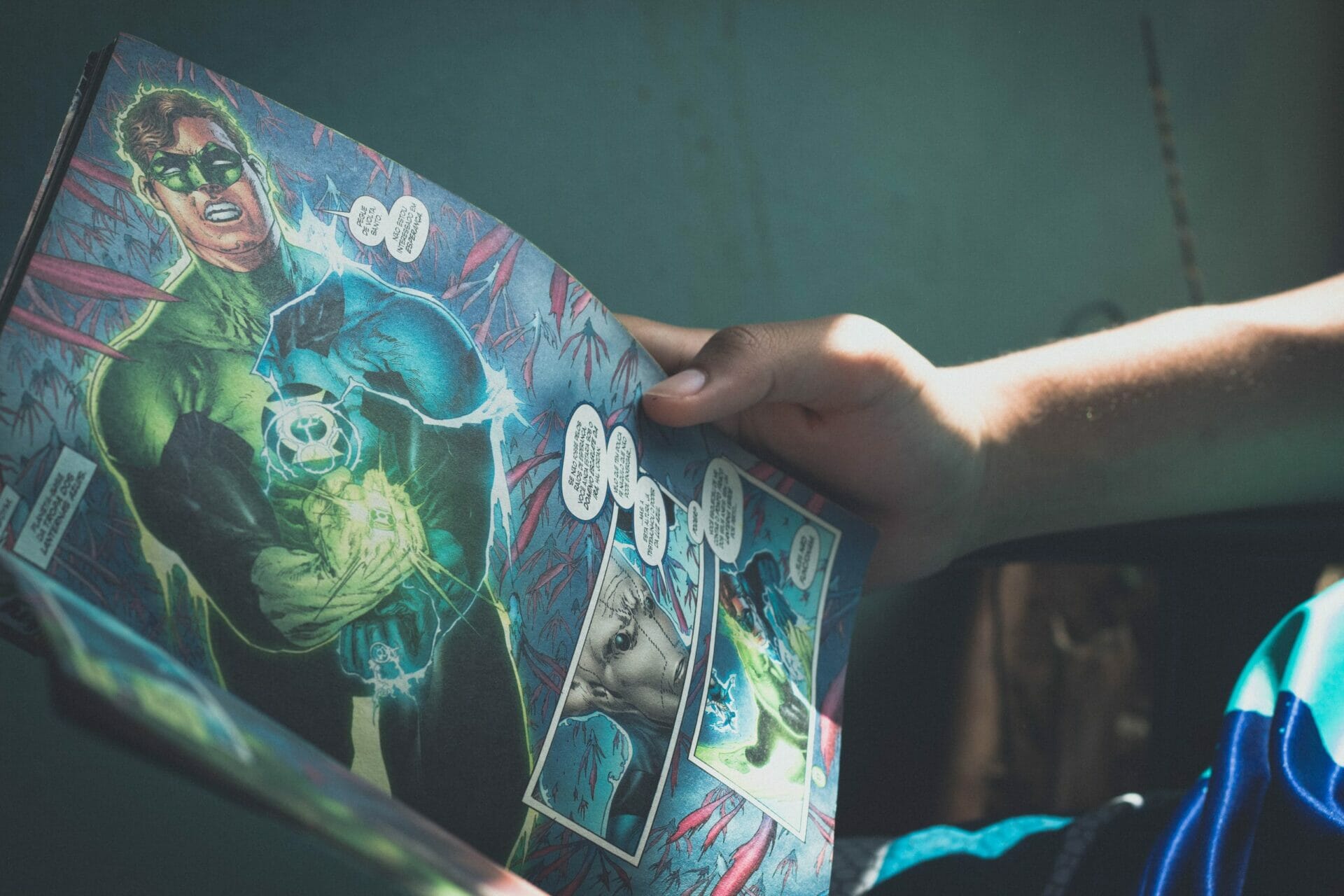
Will & Grace | Breaking Taboos and Making TV History
Director
Country
Seasons
Runtime
Genre
Subgenre
“The love that dared speak its name”, reads a plaque outside the sound stage where Will & Grace was shot. The plaque celebrates how special and groundbreaking the sitcom created by David Kohan and Max Mutchnick has been. In particular, it aims to commemorate how much the NBC TV show has done for underrepresented people. After all, when Will & Grace first aired in 1998, it became the first primetime TV series to feature openly gay lead characters on U.S. television. In 246 episodes the sitcom managed to break taboos by normalizing LGBTQ+ representation. Especially, the show has played a major role in changing the common perception of gay culture and improving public opinion on LGBTQ issues.
To back this up, in 2012 during an interview on NBC’s Meet the Press, the current 46th President of the United States Joe Biden said as follows. At that time, serving as Barack Obama’s Vice President, and while speaking about same-sex marriage, he said:
I think Will & Grace probably did more to educate the American public than almost anything anybody’s ever done so far.
46th President of the United States Joe Biden in an interview with NBC’s Meet the Press
- From 1998 to 2006: Making TV History
- From 2017 to 2020: The Revival
- LGBTQ+ Representation Before and After Will & Grace
From 1998 to 2006: Making TV History
Set in New York City, Will & Grace tells the story of Will (Eric McCormack), a gay lawyer, and his best friend Grace (Debra Messing), a straight Jewish interior designer. Joining them are Karen (Megan Mullally) and Jack (Sean Hayes). Karen is a rich woman of questionable sexuality with a fondness for alcohol. She works as Grace’s assistant. Jack instead is a feisty gay man, constantly looking for a job, who dreams of breaking into show business.
Will & Grace is a compelling mix of Friends, Seinfeld, and How I Met Your Mother, with a touch of Sex and the City. The sitcom follows the special relationship between the four main characters. It focuses on many themes such as love, friendship, and dating. Plus, through clever humor and irreverent jokes, Will & Grace uses a comical technique to explore relevant topics such as masculinity, heteronormativity, politics, and social change while proving to be always on the cutting edge. Indeed, many episodes broke stereotypes and have become cult hits. Like the ones listed by Vulture.
Will & Grace was filmed in front of a live studio audience and aired for a total of eight seasons. It won 18 Primetime Emmy Awards (including an Emmy for each main cast member), 7 Screen Actors Guild Awards, and received 30 Golden Globe Awards nominations. In addition, the sitcom featured several great guest stars. Among the best known are Ellen DeGeneres, Debbie Reynolds, Madonna, Britney Spears, Alec Baldwin, Glenn Close, Jennifer Lopez, and Cher.
From 2017 to 2020: The Revival
Ten years after the finale, the main cast of Will & Grace reunited for a 10-minute webisode titled #VoteHoney. The webisode was meant to support Hillary Clinton in the 2016 United States presidential election and to urge Americans to vote. After receiving an overwhelming reception from fans, NBC announced a revival of the TV show. More than ten million people watched the first episode, proving that Will & Grace still had a lot to say. Indeed, the revival aired for three seasons. Once again, the sitcom showed its ability to portray contemporary American society and its changes. All with funny jokes like the one that turned Donald Trump‘s campaign slogan “Make America Great Again” into “Make America Gay Again”.
LGBTQ+ Representation Before and After Will & Grace
In 1998, the LGBTQ+ community was certainly a large underrepresented segment of the American TV audience. Thanks to Will & Grace, LGBTQ+ viewers had the opportunity to identify with a TV show for the first time. Indeed, the idea of airing a show with a gay lead character was a huge gamble at the time. Only a year earlier, ABC aired The Puppy Episode of the sitcom Ellen (1994). The episode showed the coming-out scene of the main character played by Ellen DeGeneres, who came out as a lesbian, as did her fictional counterpart, on The Oprah Winfrey Show and in Time magazine. Forty-two million viewers watched the episode, which aired with a parental advisory warning. The Puppy Episode won two Emmys and caused a huge backlash that led to the cancellation of the show and had a negative impact on the personal and professional lives of DeGeneres and her colleagues.
In view of this, without this popular forerunner, Will & Grace probably could not have aired. It could be said that many other LGBTQ+ TV shows have likely come to light thanks in part to Will & Grace. And when it comes to LGBTQ+ visibility in the media, the TV landscape has changed a lot since the late 1990s. As LGBTQ+ civil rights leader and Human Rights Campaign president Alphonso David said to Metro Weekly:
When people see themselves reflected in television and film, they actually see validation in a way that unfortunately the film industry and the television industry did not support for decades.
Alphonso David, President of the Human Rights Campaign, in an interview with Metro Weekly
Tag
Buy a ☕ for Hypercritic










